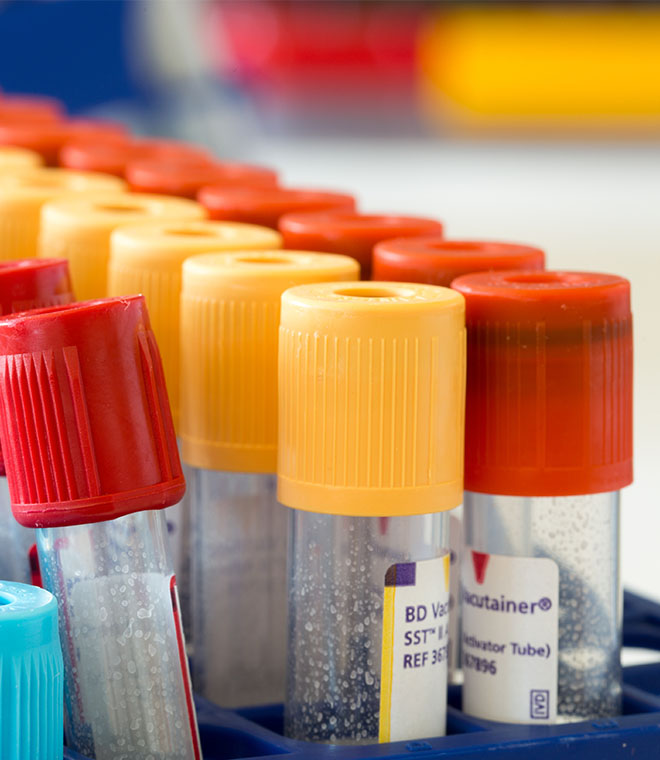Health
Symptoms and causes of high triglycerides
By Andy Stergachis, PhD, BPharm Feb 17, 2021 • 3 min
Triglycerides are a type of fat in the blood. Your body makes triglycerides or gets them from many of the foods you eat.
You need some triglycerides for good health, but having too much in your blood can be harmful. High levels of triglycerides may increase the risk of heart disease and stroke.
What are the symptoms of high triglycerides?
There are often no symptoms of high triglyceride levels. Very high levels of triglycerides can cause severe pain in the stomach area due to inflammation of the pancreas. Your healthcare provider will usually check for high triglycerides in your blood as part of a lipid panel. Levels above 150 mg/dl may raise your risk for heart disease. A triglyceride level of 150 mg/dL or higher is also a risk factor for metabolic syndrome. The guidelines for triglyceride levels are:
| Category | Triglyceride Level |
|---|---|
| Normal | Less than 150 mg/dL |
| Borderline high | 150 to 199 mg/dL |
| High | 200 to 499 mg/dL |
| Very high | 500 mg/dL and above |
What causes high triglycerides?
When you eat, any calories your body doesn't need immediately are turned into triglycerides and are stored in fat cells. Between meals, your body uses these triglycerides for energy. However, if you take in more calories than your body needs, especially from carbohydrates and unhealthy fats, you could end up with high levels of triglycerides.
Certain medical conditions may increase triglyceride levels, including thyroid disease and diabetes, as well as liver and kidney diseases.
Being overweight or obese can also increase triglyceride levels. Some people have high triglycerides due to a genetic disorder. Being physically inactive, smoking and drinking too much alcohol may increase blood triglycerides.
Some medicines may also increase triglyceride levels in the blood. These can include some blood pressure medications (such as diuretics and beta-blockers), corticosteroids and certain HIV medicines. If you take one of these drugs, your healthcare provider may order a lipid panel.
Managing triglyceride levels
You may be able to control your triglyceride levels through lifestyle changes, such as:
- Healthy eating, such as avoiding saturated fats and trans fats and avoiding refined carbohydrates, like sugar and foods made with white flour
- Achieving and maintaining a healthy weight
- Regular physical activity
- Not smoking
- Limiting alcohol
Your healthcare provider may also prescribe medicines to control or lower your triglyceride levels. If your healthcare provider prescribes medication to lower your triglycerides, take the medication as prescribed.
Andy Stergachis is a professor of pharmacy & global health at the University of Washington.
Published February 2021.
Sources:
1. www.webmd.com/cholesterol-management/high-triglycerides-what-you-need-to-know.
2. labtestsonline.org/tests/triglycerides.
3. https://medlineplus.gov/triglycerides.html.
4. www.health.harvard.edu/newsletter_article/triglycerides-a-big-fat-problem.
5. www.mayoclinic.org/diseases-conditions/high-blood-cholesterol/in-depth/triglycerides/art-20048186.



